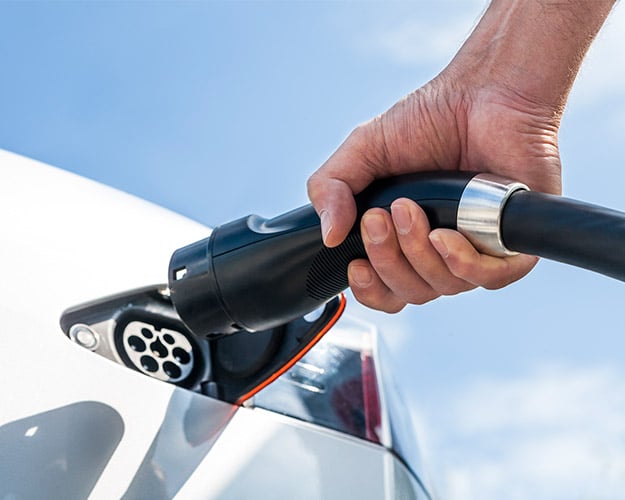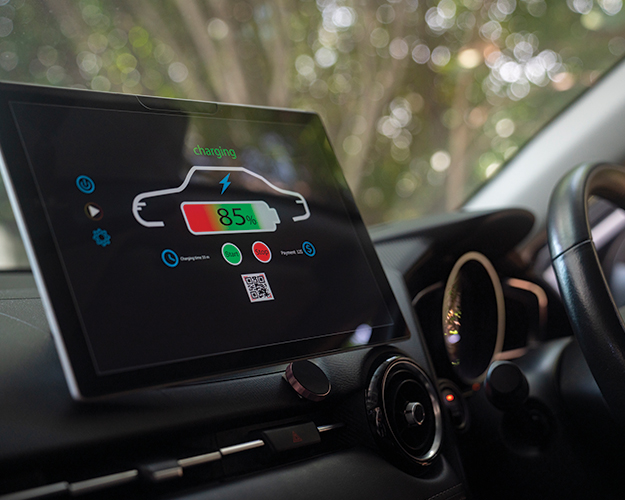Key Takeaways
- Proposed guidance provides clarity on the Foreign Entity of Concern (FEOC) definition related to the new battery sourcing requirements.
- Vehicles containing batteries with critical minerals or battery components sourced in a FEOC are disqualified beginning in 2024 and 2025, respectively.
- These IRA provisions are intended to improve United States energy security by strengthening domestic supply chains.
Significant changes were made to the Clean Vehicle Credit (IRC Section 30D) as part of the Inflation Reduction Act (IRA). Since the IRA’s enactment in August 2022, Treasury has released several regulations clarifying the new requirements that manufacturers, dealerships, and taxpayers must satisfy to claim the credit.
Early in December 2023, Treasury released proposed regulations (REG 118492-23) in conjunction with proposed rules released by the Department of Energy (DOE) clarifying the credit’s new critical mineral and battery component requirements specifically related to the Foreign Entities of Concern (FEOC) restriction.
New Requirements for Clean Vehicle Credit and Foreign Entities
The critical mineral and battery component requirements must be met in the year the vehicle is placed in service in order to fully claim the tax credit.
Critical Minerals
The following elements are required when it comes to critical minerals:
- A percentage of the value of the battery’s critical minerals must be extracted or processed in the U.S. or any country with which the U.S. has a free trade agreement or recycled in North America.
- Forty percent of the value must meet the critical mineral criteria in 2023, increasing 10% annually to 80% in 2027 through 2032.
- No critical minerals were sourced from an FEOC beginning in 2025.
Battery components
The following criteria must be met related to battery components:
- A percentage of the value of the battery’s components must be manufactured or assembled in North America.
- Fifty percent of the value must meet the battery component criteria in 2023, increasing 10% each year to 100% in 2029 through 2032.
- No battery components were sourced from an FEOC beginning in 2024.
What is a Foreign Entity of Concern?
Restrictions apply to countries that source critical mineral and battery components from an FEOC, which the guidance proposes to be entities owned by, controlled by, or subject to the jurisdiction or direction of a government of a foreign country that is a covered nation. Covered nations are currently China, Russia, North Korea, and Iran.
Additional guidance and definitions can be found in the DOE’s Interpretation of Foreign Entity of Concern proposed rules.
How Do I Determine if a Vehicle is Eligible for the Credit?
Determination of vehicle eligibility is the responsibility of the manufacturer. Manufacturers must certify that vehicles meet the requirements and register each Vehicle Identification Number (VIN) with the Internal Revenue Service (IRS).
Dealerships and taxpayers can review the list of makes and models that may qualify. Buyers should obtain a copy of the Time-of-Sale-Report and confirm other eligibility requirements before claiming the credit.
The proposed regulations also provide manufacturers guidance on compliance, including tracing, recordkeeping, and reporting.
How to Move Forward with Proposed FEOC Regulations
There has been criticism and apprehension regarding the new critical mineral and battery component requirements. The concerns relate to the electric vehicle industry’s reliance on foreign battery materials and lack of domestic supply chains to source components.
In response, the government (according to Treasury) states these regulations will strengthen energy security domestically, ultimately decreasing reliance on foreign battery supply chains in the long run.
What to know about changes to the federal income tax credits available for vehicles.
 Read the Article
Read the Article


